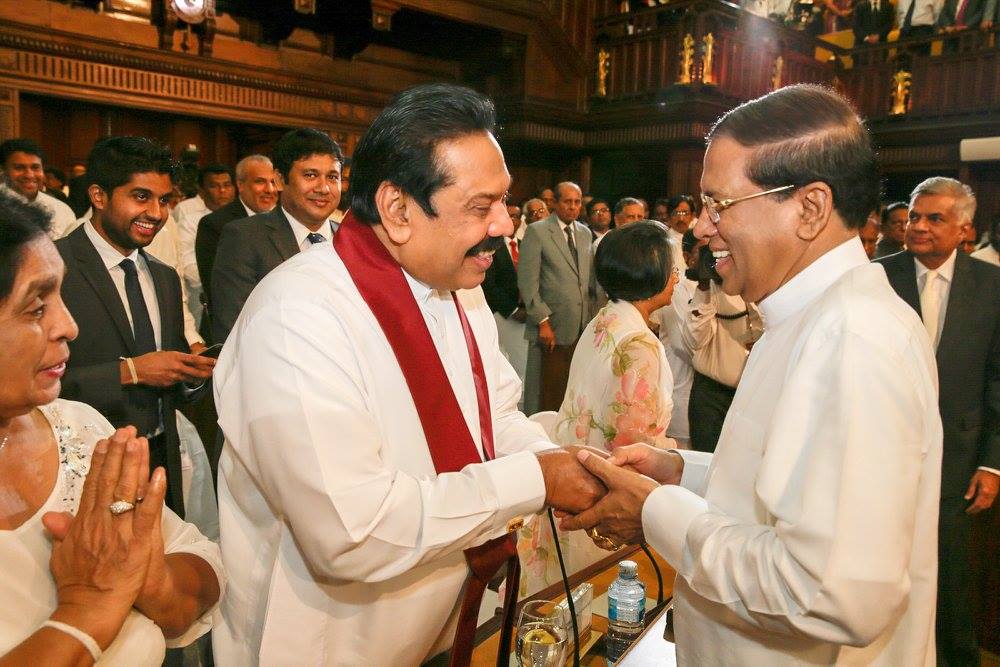Election Results, Political Reforms & The Process Of Reconciliation
The recently concluded Parliamentary Election has created a ‘kind of hostile politics of the enemy-friend bi-polarity’ in terms of intended political reforms and the proposed reconciliation agenda of the new government. An analysis of the election results would show that a little over 50% of voters are for reforms and a little less than 50% of voters are against reforms. What does this mean in terms of bringing intended political reforms into reality and implementing a reconciliation process successfully?
 It is evident from election results that there can be a serious ideological resistance to political reforms and to the proposed reconciliation agenda by almost half of the population that voted for former President Mahinda Rajapaksa led United People’s Freedom Alliance (UPFA). There is no doubt, former President Rajapaksa is the legitimate, symbolic leader of the anti-reformist / reconciliation agenda. However, one could argue that President Maithripala Sirisena and former President Chandrika Kumaratunga should be able to win the symbolic leadership position of the anti-reformist / reconciliation population by gaining and securing power in the Sri Lanka Freedom Party (SLFP) Central Committee as well as in the UPFA Executive Committee. In my opinion, although Sirisena-CBK group could gain ‘majority’ seats in those bodies, they will not be able to gain ‘legitimacy’ so easily. Therefore, ideological resistance to reforms and to the reconciliation agenda by former President Rajapaksa led population will remain as a serious obstacle. Furthermore, former President Rajapaksa led group’s resistance to political reforms and to the reconciliation agenda will reinforce the group’s political survival as well. Hence, the said obstruction is strategically important in terms of the group’s survival and, therefore, the obstruction is almost inevitable.Read More
It is evident from election results that there can be a serious ideological resistance to political reforms and to the proposed reconciliation agenda by almost half of the population that voted for former President Mahinda Rajapaksa led United People’s Freedom Alliance (UPFA). There is no doubt, former President Rajapaksa is the legitimate, symbolic leader of the anti-reformist / reconciliation agenda. However, one could argue that President Maithripala Sirisena and former President Chandrika Kumaratunga should be able to win the symbolic leadership position of the anti-reformist / reconciliation population by gaining and securing power in the Sri Lanka Freedom Party (SLFP) Central Committee as well as in the UPFA Executive Committee. In my opinion, although Sirisena-CBK group could gain ‘majority’ seats in those bodies, they will not be able to gain ‘legitimacy’ so easily. Therefore, ideological resistance to reforms and to the reconciliation agenda by former President Rajapaksa led population will remain as a serious obstacle. Furthermore, former President Rajapaksa led group’s resistance to political reforms and to the reconciliation agenda will reinforce the group’s political survival as well. Hence, the said obstruction is strategically important in terms of the group’s survival and, therefore, the obstruction is almost inevitable.Read More

